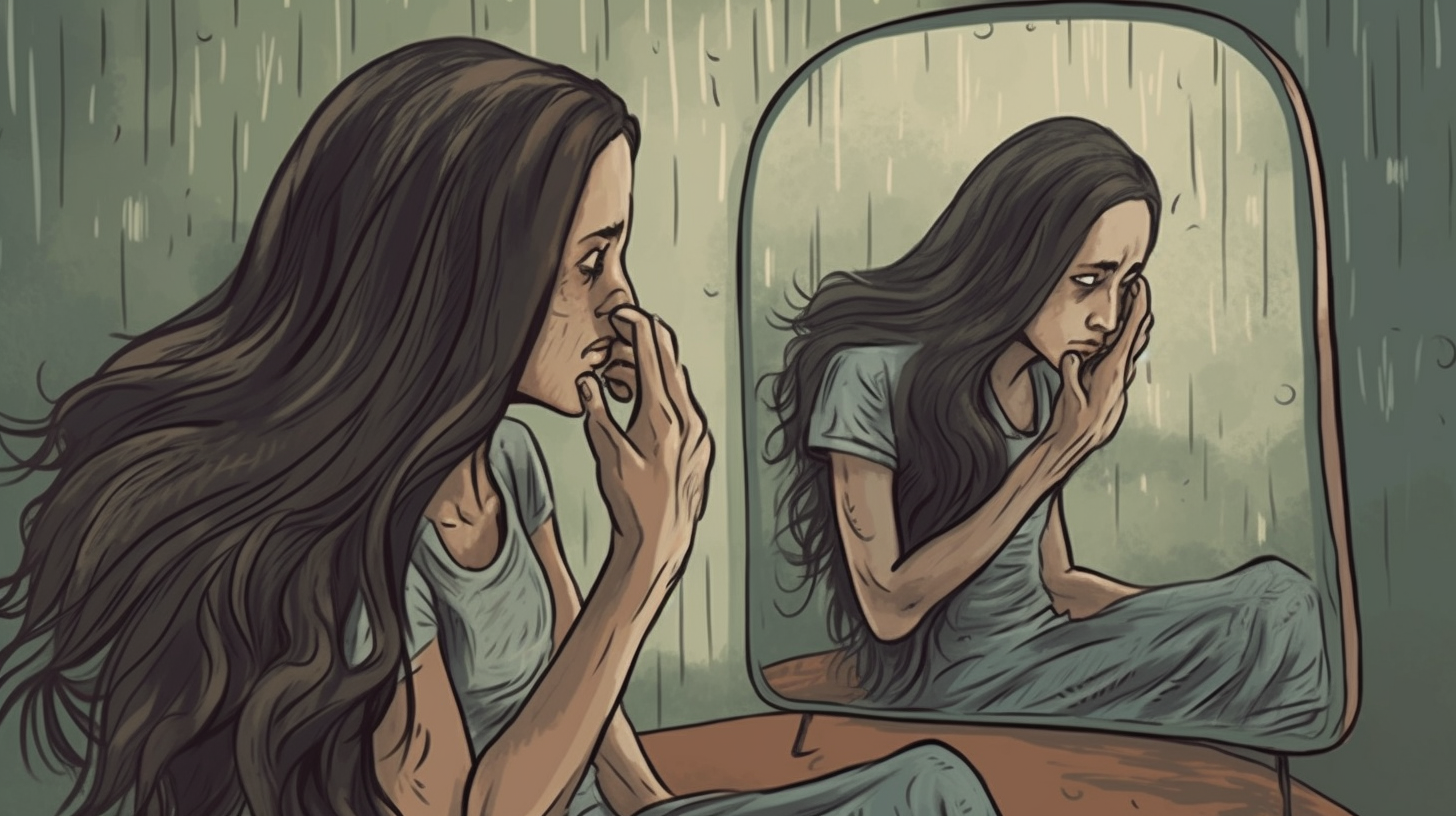The Ultimate Guide to Understanding Hair Growth: Science-Based Insights Revealed
Have you ever wondered how hair grows and why it falls out? Understanding the science behind hair growth is essential for maintaining healthy hair and preventing hair loss. In this ultimate guide, we will explore the biology of hair follicles, the different stages of the hair growth cycle, and the factors that affect hair density and regrowth.
The Biology of Hair Growth
Hair growth is a complex biological process that involves multiple stages and factors. The hair follicle, located in the skin’s dermis layer, is responsible for producing and maintaining hair growth. Each follicle contains a tiny muscle called the arrector pili muscle, which contracts to make the hair stand up when we are cold or scared.
The base of each follicle contains stem cells that differentiate into various cell types that form the different parts of the hair, including the shaft, root sheath, and bulb. The bulb is located at the bottom of the follicle and contains actively dividing cells that produce new hairs.
The Hair Growth Cycle
The hair growth cycle consists of three main stages: anagen, catagen, and telogen. The anagen phase is the active growth phase during which new hairs are produced. This phase can last anywhere from two to seven years, depending on genetics and other factors.
After anagen comes catagen, a transitional phase lasting two to three weeks during which hair growth slows down as blood supply to the follicle decreases. Finally, telogen is a resting phase lasting about three months during which old hairs fall out to make room for new ones.
It’s worth noting that not all hairs are in the same stage at once; each individual follicle operates independently in its own cycle.
Hair Density and Hair Loss
Hair density refers to the number of hairs per square inch of the scalp. The average person has around 100,000 to 150,000 hairs on their head, with a density of about 2,200 hairs per square inch. Hair density can vary depending on genetics, age, and other factors.
Hair loss is a common problem that affects both men and women. It can be caused by a variety of factors, including genetics, hormonal changes, stress, diet, medications, and medical conditions.
Male pattern baldness is the most common form of hair loss in men and is caused by genetics and hormone levels. It typically starts with a receding hairline and thinning at the crown and progresses over time. Female pattern baldness is less common but can also be caused by genetic and hormonal factors.
Hair Regrowth
While some types of hair loss are permanent, others can be treated or reversed with proper care and treatment. Minoxidil is an FDA-approved topical medication that has been shown to promote hair growth in both men and women.
Finasteride is an oral medication that blocks the production of DHT (dihydrotestosterone), a hormone that causes hair follicles to shrink and stop producing new hairs in male pattern baldness.
Hair transplant surgery involves removing healthy hair follicles from one part of the scalp (usually the back or sides) and transplanting them to areas where hair has stopped growing. This procedure can be expensive but has a high success rate when performed by an experienced surgeon.
Hair Care Products and Supplements
There are many products on the market that claim to promote hair growth or prevent hair loss. However, not all of these products are created equal. It’s essential to do your research before trying any new product or supplement.
Some hair care products contain harsh chemicals that can damage the hair and scalp, leading to hair loss over time. Look for products that contain natural ingredients and are free from sulfates, parabens, and other harmful chemicals.
Hair supplements such as biotin, vitamin D, and iron can help support healthy hair growth when taken in the recommended doses. However, it’s important to note that supplements are not a substitute for a healthy diet and lifestyle.
Scalp Health
The health of your scalp plays a crucial role in the health of your hair. A dry, itchy scalp can lead to inflammation and hair loss over time. Regular washing with a gentle shampoo can help remove excess oil and dead skin cells from the scalp.
Avoid using hot tools such as blow dryers, curling irons, and flat irons as they can damage the hair and cause breakage. Instead, let your hair air-dry whenever possible or use a heat protectant spray before styling.
Conclusion
Understanding how hair growth works is essential for maintaining healthy hair and preventing hair loss. The biology of hair follicles, the different stages of the hair growth cycle, and the factors that affect hair density and regrowth are all important factors to consider when dealing with hair loss or thinning.
By taking care of your scalp, using gentle hair care products, and incorporating supplements into your diet when necessary, you can support healthy hair growth and prevent further damage or loss. If you’re experiencing significant or persistent hair loss, speak with a healthcare professional to determine the underlying cause and appropriate treatment options.



